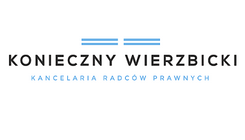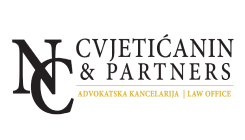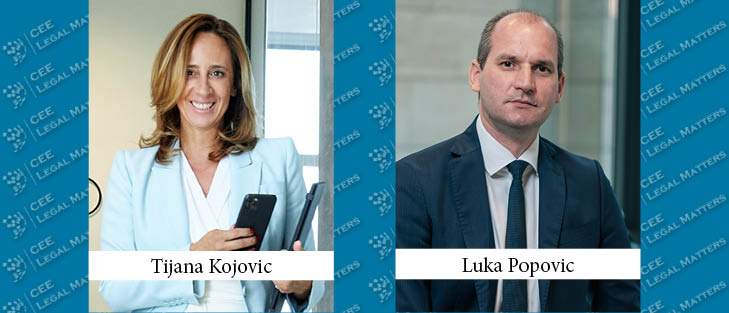Although companies’ financing in Bulgaria remains primarily bank-based, a transformation towards the growing importance of alternative financing has been observed in recent years.
On paper, the traditional method of obtaining a bank product seems more suited for a business, but a lot of red tape and rigorous bank standards discourage some companies. Among the key factors for avoiding bank funding are the potential need to provide collateral, the lack of credit history of companies in the early stages of development, the need for stable financial indicators, and, often, time-consuming processes.
The other funding options include raising funds through an IPO. The relatively small percentage of listed companies in Bulgaria indicates the difficulty of raising funds through capital markets. The availability of such funding means is challenging, as only businesses with good financial statements, a positive credit history, and a solid reputation can attract funds directly through the capital markets. Despite their proximity to capital markets, growth markets remain a viable alternative for raising finance. The Bulgarian Enterprise Accelerator Market (BEAM), which is an SME growth market, offers similar benefits to those of public enterprises on more favorable conditions.
Going beyond bank lending and capital markets, venture capital appears to be the most viable alternative. Both EU passport and sub-threshold fund managers under the AIFM Directive operate on the Bulgarian market, also including EuVECA fund managers under Regulation (EU) No 345/2013 targeting unlisted companies with up to 499 employees and SMEs listed on an SME growth market.
Generally, VC funds invest in fast-growing companies in exchange for a minority ownership stake in them thus achieving (often long-term) capital appreciation. In many cases, VC funds offer convertible loans in place of direct equity investments and may additionally purchase shares from existing owners. VC funds’ portfolios follow their investment policy, including the sectors in which they focus. This would, inter alia, determine the eligibility of a business for investment by the fund. The fund would normally perform a due diligence procedure before investment. The key factor in opting for venture capital funds is their support of their portfolio companies, as well as the added value of management providing advice and overall support based on their own experience. The price for this, however, comes with a potential loss of control over the company’s management by the founders.
In addition to VC funds, there is a network of business angels who also support start-ups and early-stage companies and are flexible in terms of the amount they are ready to contribute. They often feature successful, self-made entrepreneurs intending to invest their own funds in potentially beneficial companies by acquiring ownership. The fast-growing entrepreneurship and start-up ecosystem in Bulgaria, including many NGOs and various business accelerator and incubator structures, largely contribute to facilitating the direct investor-entrepreneur relationships and respective investments. Even though it takes longer to find a suitable angel investor, the business can benefit from access to the investor’s sector knowledge and contacts. The activity of business angels is not regulated in Bulgaria and commercial law applies when structuring such investments.
Crowdfunding (collective investment), whose legal regulation is relatively new in Bulgaria, is another alternative method of financing focused mainly on start-ups and SMEs. The Bulgarian Public Offering of Securities Act contains the essential requirements of Regulation (EU) 2020/1503, which harmonizes the legal framework of crowdfunding at the EU level. The crowdfunding service provider operates a publicly accessible digital platform that facilitates the connection between potential investors or lenders and businesses seeking funding. The activity of providing crowdfunding services requires a license from the relevant authority of the provider’s establishment. Crowdfunding services can refer to loans, transferable securities, and so-called “admitted instruments for crowdfunding purposes.” Unlike venture capitalists and business angel investors, who acquire significant control over company decisions, through crowdsourcing businesses are not required to give up such rights.
Besides the above, other traditional alternative means of financing, such as factoring and mezzanine finance, are also widely used in Bulgaria, particularly by already developed businesses in case of short-term liquidity needs or a need for expansion. Still, it should be noted that the actual consequences of shifting company lending from the banking sector to alternative sources, both for the Bulgarian financial sector and for businesses, are yet to be observed.
By Daniela Petkova, Partner, and Sevdelina Rabuhchieva, Senior Associate, Gugushev & Partners
This article was originally published in Issue 10.4 of the CEE Legal Matters Magazine. If you would like to receive a hard copy of the magazine, you can subscribe here.
















